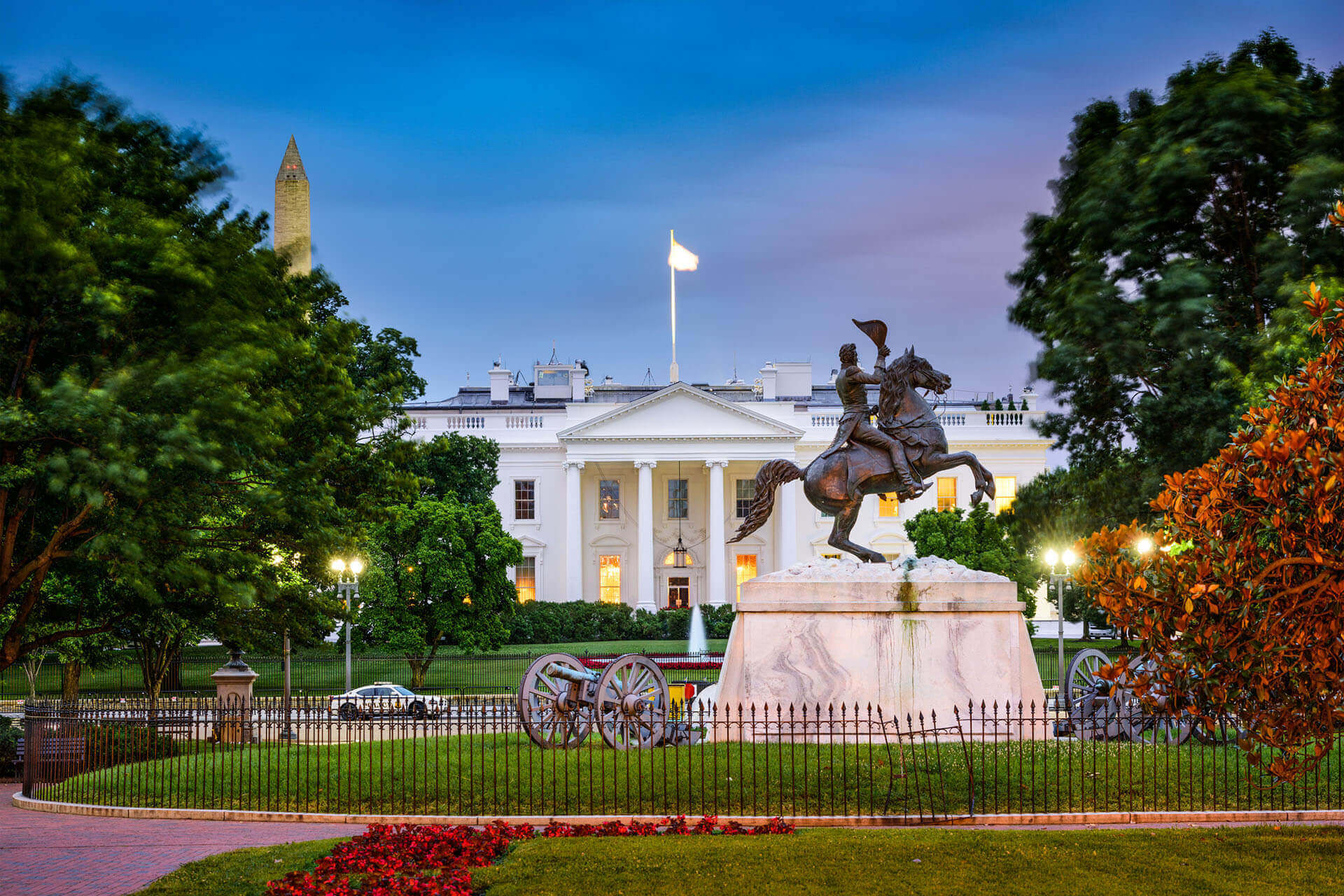Key Points
- President Biden has outlined vast proposed changes to the US immigration system
- The immigration bill will repeal the Trump Administration’s “Muslim” travel ban, shorten the timeframe for obtaining citizenship, and provide additional protection for DACA recipients
- President Biden intends to send the bill to Congress shortly after taking office
- Many Trump-era COVID-19 restrictions are likely to remain in place due to ongoing health concerns
Overview
Incoming President Joe Biden is planning to send an extensive immigration reform bill to Congress shortly after his inauguration.
What are the Changes?
The proposed immigration reform bill encompasses many proposed changes, including expanding admissions for refugees to the US, creating a faster route to citizenship, and rolling back the Trump Administration’s travel ban on Muslim-majority countries.
The bill will introduce an eight-year path to citizenship for the estimated 11 million people living in the U.S. without legal status, starting with a five-year path to temporary legal status. They will be able to apply for a green card after meeting certain requirements, including passing a criminal background check and paying taxes. They can apply for US citizenship three years afterwards.
The immigration bill also proposes expanded opportunities for individuals in the Deferred Action for Childhood Arrivals (DACA) program, which was created in 2012 by the Obama Administration. The DACA program gives children of undocumented immigrants who were brought to the US the opportunity to continue living and working in the country without the risk of deportation. DACA, among other immigration policies, has been the subject of extensive litigation under the Trump Administration.
Additionally, President Biden’s immigration bill intends to repeal a travel ban imposed by the Trump Administration on several Muslim majority countries, including Iran, Iraq, Nigeria, Myanmar, Kyrgyzstan, Eritrea, Somalia, Sudan, Syria, Yemen, and Libya. The original travel ban, which was issued in 2017, blocked entry into the US for travelers from those countries and limited the types of visas that they could apply for.
Looking Ahead
President-elect Joe Biden is expected to send the immigration bill to Congress on or shortly after his inauguration. Updates will be provided as available.






